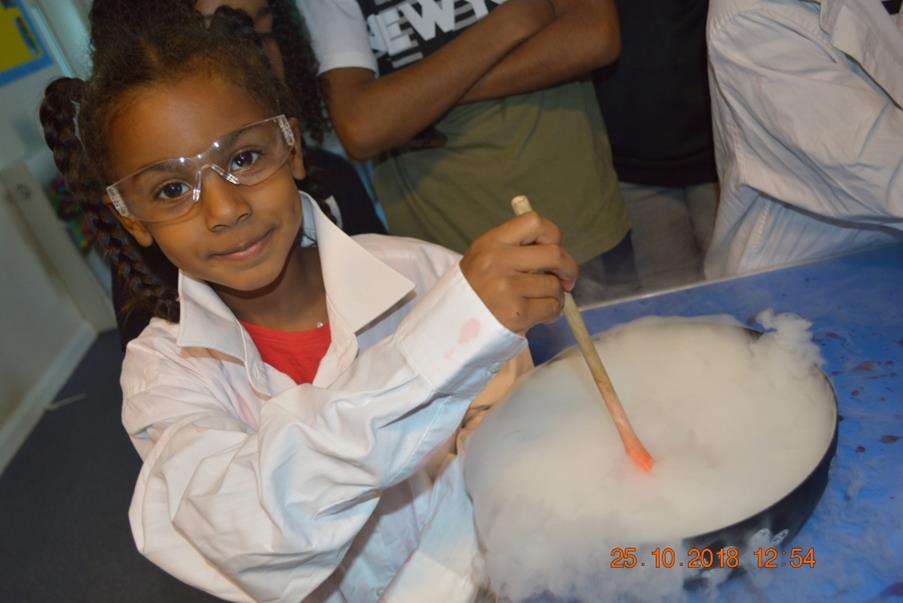In the tapestry of education, certain threads stand out for their vibrant hues and intricate patterns, yet one often overlooked strand is Geography.

Amidst the emphasis on core subjects like mathematics and language, the significance of geography in shaping children’s growth and development cannot be overstated.
Beyond mere cartography and topography, geography serves as a gateway to understanding the world in all its diversity and complexity, nurturing vital skills and perspectives that are indispensable for navigating life’s journey.
Cultivating Spatial Intelligence
At its core, geography is about understanding space – the spatial distribution of landforms, climates, populations, and cultures. For children, developing spatial intelligence is akin to acquiring a mental map of the world, enabling them to comprehend the relationships between different places and phenomena. From recognising the shapes of continents to interpreting the scale of distances, geography fosters a profound sense of spatial awareness that underpins numerous cognitive tasks, from reading maps to navigating unfamiliar environments.
Through hands-on activities like map reading, orienteering, and creating scale models, children engage in spatial thinking, honing their ability to visualise and manipulate spatial information. This spatial literacy extends beyond academic pursuits, empowering children to navigate the physical and virtual spaces they encounter in everyday life with confidence and competence.
Fostering Cultural Fluency
In an increasingly interconnected world, cultural fluency is a vital skill for navigating diverse societies and globalised economies. Geography serves as a window into the rich tapestry of human cultures, traditions, and histories that span the globe. Through exploring different countries, regions, and communities, children develop a deeper appreciation for the diversity of human experiences and perspectives.
Studying geography enables children to transcend ethnocentrism and embrace cultural relativism, recognising that there are multiple ways of viewing and interpreting the world. By learning about cultural practices, languages, and belief systems, children cultivate empathy, respect, and appreciation for the richness of human diversity. This cultural fluency equips them to thrive in multicultural environments, fostering meaningful connections and collaborations across cultural boundaries.
Promoting Environmental Literacy
Geography is intrinsically linked to the environment, offering insights into the complex interactions between humans and the natural world. Through studying biomes, ecosystems, and environmental processes, children develop a deeper understanding of the Earth’s fragile balance and the impact of human activities on the environment.
Geography fosters environmental literacy, empowering children to become informed and engaged stewards of the planet. By learning about environmental issues such as climate change, deforestation, and habitat loss, children gain the knowledge and skills to make informed decisions and take action to protect the environment. Geography inspires a sense of responsibility and agency, motivating children to advocate for sustainable practices and contribute to positive environmental change in their communities and beyond.
Nurturing Critical Thinking Skills
Geography is not just about memorising facts and figures; it is about developing critical thinking skills that are essential for navigating an increasingly complex and interconnected world. Through analysing maps, interpreting spatial data, and evaluating geographic patterns, children learn to think critically and analytically about spatial relationships and processes.
Geography encourages children to ask questions, make connections, and draw conclusions based on evidence and reasoning. From investigating the causes of migration patterns to evaluating the impact of natural disasters on communities, geography fosters a mindset of inquiry and exploration. By engaging in geographical inquiry, children develop the ability to think creatively, solve problems, and make informed decisions – skills that are indispensable for success in school, work, and life.
Inspiring Curiosity and Wonder
Above all, geography ignites a sense of curiosity and wonder about the world. From the towering peaks of the Himalayas to the vast expanse of the Amazon rainforest, the world is filled with awe-inspiring landscapes and natural wonders waiting to be explored.
Geography encourages children to ask questions, seek answers, and embark on a lifelong journey of discovery. Through exploring maps, conducting fieldwork, and engaging with multimedia resources, children uncover the hidden wonders of the world and develop a deep appreciation for its beauty, complexity, and diversity.
Final Thoughts
In conclusion, geography is not just a subject to be studied; it is a lens through which children can view the world and make sense of its wonders and complexities. From cultivating spatial intelligence and cultural fluency to promoting environmental literacy and critical thinking skills, geography plays a vital role in shaping children’s growth and development.
As parents, educators, and advocates for children’s education, let us recognise the intrinsic value of geography and ensure that it receives the attention and support it deserves in our children’s curriculum. After all, in the words of the pioneering geographer Ellen Churchill Semple, “The human being who lives only in his or her locality is not the human being who lives at all; he is a creature with limited horizons.”








